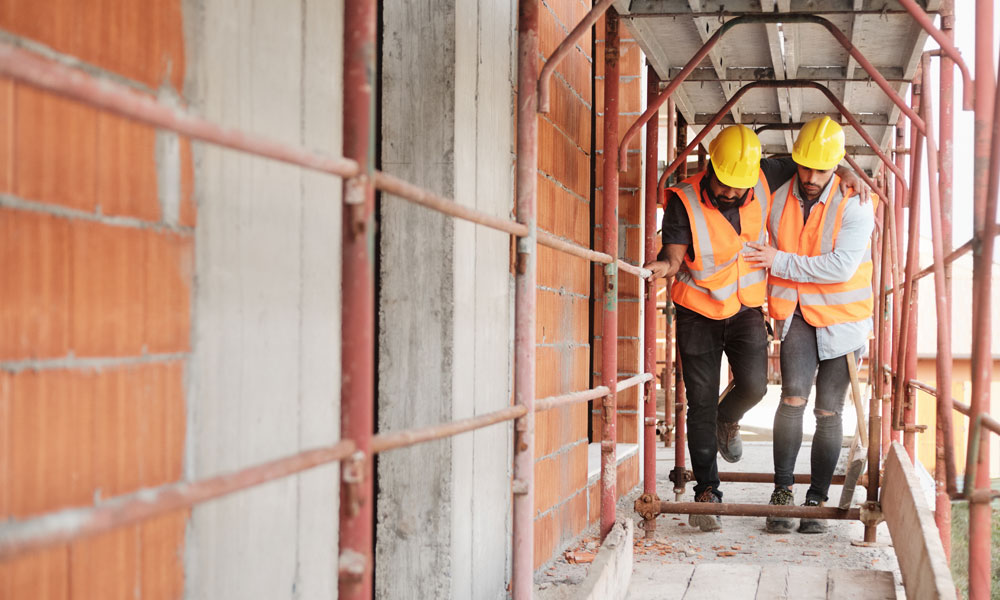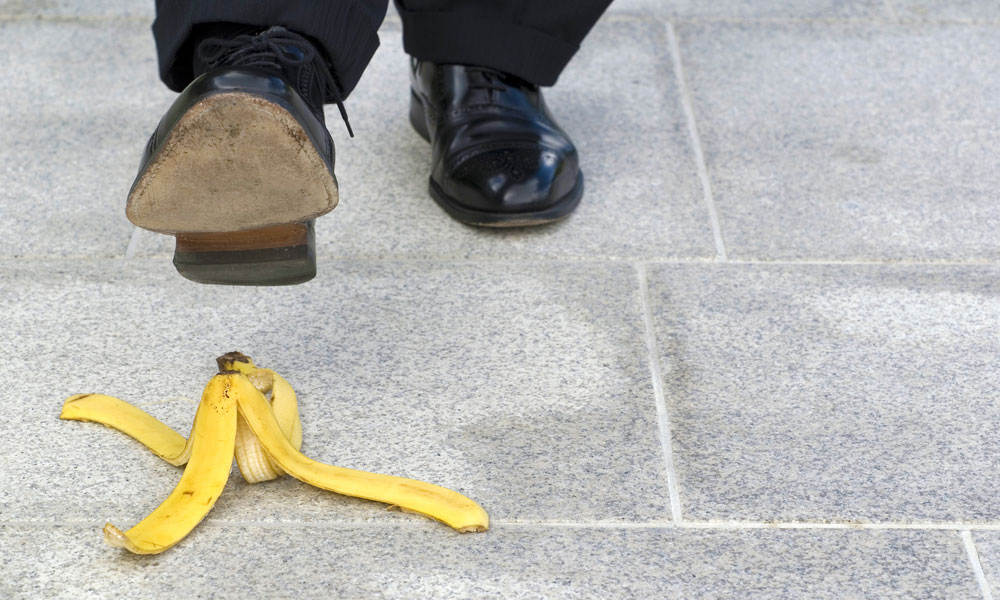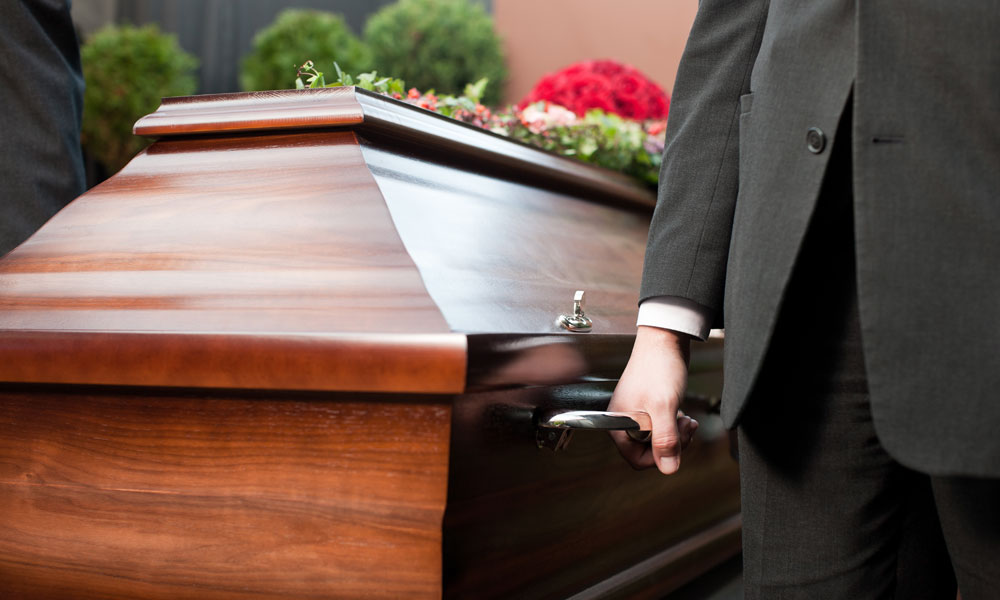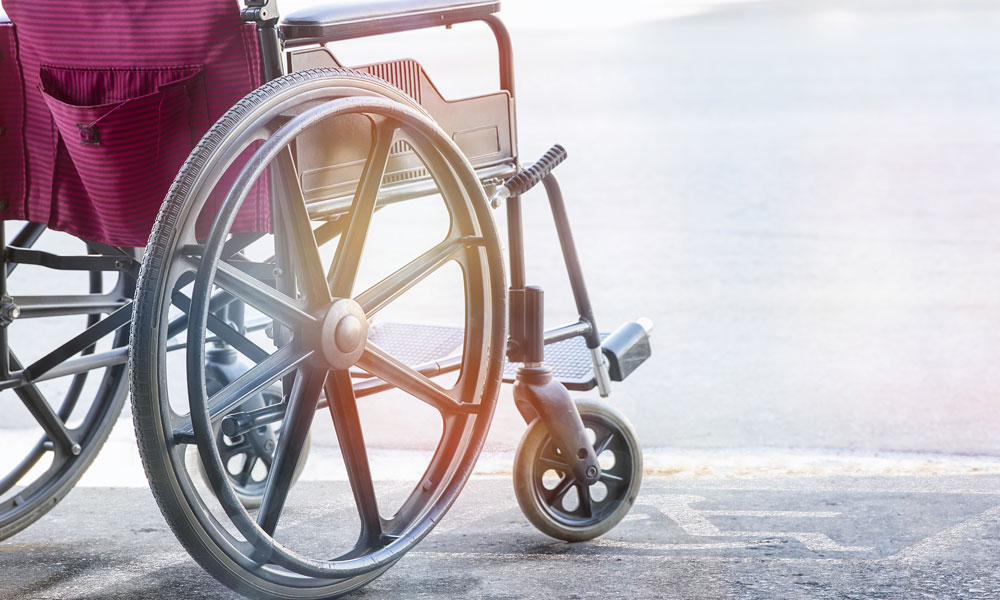
The Most Diligent and Experienced Workers’ Compensation Attorney in Metro Detroit
I have seen lives changed in an instant. You wake up and life seems fine. In an instant, you are facing a lifetime of pain and disability. Medical bills seem insurmountable. With serious injuries, it is rare that an insurance company is paying you everything that it should. Contact Bill Stern for a free consultation to discuss what you can do to improve your situation with my workers’ compensation attorney services.
ALL CONSULTATIONS ARE FREE. IN ALL CLAIMS, IF THERE IS NO RECOVERY, THERE IS NO FEE.
Schedule Your Free Initial Consultation Today
Workers' Compensation
Almost all employers in the state must carry workers’ compensation insurance. After an injury, it is rare that the insurers volunteer to pay you attendant care to compensate those who take care of the injured person. Who will pay your doctors’ bills?
There are times that the injured employee can bring a claim against a third party who is responsible for the injury. I will be glad to discuss your personal situation with you to inform you of your rights in all work-related injuries.

Construction Accidents
These are highly specialized cases. The injured person cannot normally sue his employer because the employer is protected by the exclusive remed yprovision of the workers’ compensation act. The employer of the injured person normally owes only workers compensation benefits. If the injured employee died and leaves no dependents, then the employer and the workers’ compensation carrier may get out of owing anything other than the payment of medical expenses and the funeral bills. However, third parties other than the employer such as the general contractor construction manager, may have liability.Cases against the general contractor are known as “Funk” cases as they stem from the well known case ofFunk vs General Motors Corporation.In these cases, the injured party must show (1) that the property owner or general contractor failed to take reasonable steps within its supervisory and coordinating authority (2) to guard against readily observable and avoidable dangers (3) that created a high degree of risk to a significant number of workmen (4) in a common work area.Much of the litigation in these cases revolves around what is a“common work area”.

Personal Injury Claims
.

Auto Accidents
A person who sustains a serious impairment of body function as a result of a driver’s negligence is entitled to what is known as “non-economic” damages. Such damages are the non out-of-pocket damages, such as emotional damages, pain, suffering, mental anguish, fright, shock and humiliation.
This is the extent of injury that a person must sustain before that person can sue for non-economic damages as a result of a driver’s negligence. “Serious impairment of body function” means an objectively manifested impairment of an important body function that affects the person’s general ability to lead his or her normal life. The issue of whether the injured party has sustained a serious impairment to body function is generally a question for the judge, unless there is some material dispute over the extent of the person’s injury.
These are an element of damage normally paid by an insurance company, regardless of fault. Generally, the insurance company pays an injured person 85% of the person’s lost wages, up to a state maximum that changes on a yearly basis. These lost wages are paid by the insurer for a maximum of three years. After three years, if a person is still experiencing lost wages, this can be an element of damage that the injured person receives from the party responsible (the responsible party’s insurance company) for the collision.
This is care provided to an injured person to aid with some type of medical treatment, such as changing bandages, giving medication, or simply monitoring a person with a brain injury. This type of care is paid at rates paid in the general community for such services by an auto insurance company. A substantial amount of litigation has arisen over the necessity and extent of such treatment, and the proper rate to pay the attendants.
These are the types of services that were performed by the injured party around the house before the injury. The injured party can no longer perform such duties due to the injuries received in a collision. Examples are when an injured party must have the lawn cut or house cleaned by another person when he used to perform such services before.
These situations have presented complicated situations that result in insurance companies arguing amongst each other over which insurance company should pay for medical bills, lost wages, replacement services and attendant care. They get even more complicated when the employer has no workers’ compensation insurance. Many times there are clauses in insurance policies that insurance companies use to deny claims when vehicles are involved in work related accidents. William Stern has extensive experience in analyzing and pursuing such claims. The law many times requires the injured person to pursue the claim against the employer in the workers’ compensation bureau at the same time that a claim is pursued in other venues, such as the circuit court.

No-Fault Benefits
.

Insurance Claims
.

Dog Bites
Dog bites are generally considered “strict liability” cases. This means that in general, if a dog bites someone, the dog owner is liable for the damages. However, if the dog is provoked, then strict liability does not apply. There have been cases where provocation has been something obvious, such as taunting a dog with a stick. Other cases have not been so obvious, such as a child who comes up to a dog while the dog is eating.

Nursing Home Abuse
.

Slip & Falls
These types of cases are considered general negligence cases. Generally, a premises owner owes a duty to people on the property to exercise reasonable care to protect the people from an unreasonable risk of harm caused by a dangerous condition on the land. The appellate courts of the State of Michigan have made such cases much more difficult than in the past. One of the doctrines making these cases more difficult than before is known as the open and obvious doctrine. This means that if the dangerous condition would have been open and obvious to an average person with ordinary intelligence upon casual inspection, the case will be dismissed. There are times that even when a condition is open and obvious, the case will be allowed to proceed. For example, if there are special aspects that make the condition unreasonably dangerous, the case may be allowed to proceed. Such special aspects have traditionally been things like a platform that is high in the air so that if someone falls from that platform, they will very likely sustain serious injury or death.
Another aspect of slip and fall claims is a requirement that the defendant have notice of the defective condition to allow the defendant to fix the problem. This is called the notice requirement. For example, if a person in a supermarket falls on a soft drink spilled by the person directly in front of the customer, it is likely that the supermarket did not have time to wipe up the liquid. On the other hand, if another customer broke a bottle and the liquid stayed on the floor for ten minutes and other customers were not notified, then it is likely that the issue of notice to the market would not be a problem.
Problems have occurred in Michigan law with regard to conditions caused by “black ice”. These are icy conditions that generally cannot be seen and are very dangerous. Some cases have succeeded when such conditions caused people to fall and seriously injure themselves while other cases have been dismissed. The law is in flux regarding this issue.

Wrongful Death
Wrongful Death is a generic term that applies to situation where a person dies as a result of someone else’s negligence. Where there has been a violation of a legal duty that results in the death of a person, that is considered a wrongful death case. These cases are normally brought by the person appointed as the personal representative of the decedent’s estate. However, the damages due to the death are owed to the persons who would normally be the heirs of the deceased person. At the end of a case, the trial judge many times is required to hold a hearing to determine the relatives who will be awarded damages and the amounts that should be awarded to each individual relative.

Disability
.
I serve all areas including the metropolitan Detroit area, Wayne, Oakland, Macomb, Down River, Monroe, Ingham and Delta countries
Request a Free No Obligation Case Review
(248) 353-9400
Don’t Wait, Call to Speak to an Attorney for
FREE NOW!

